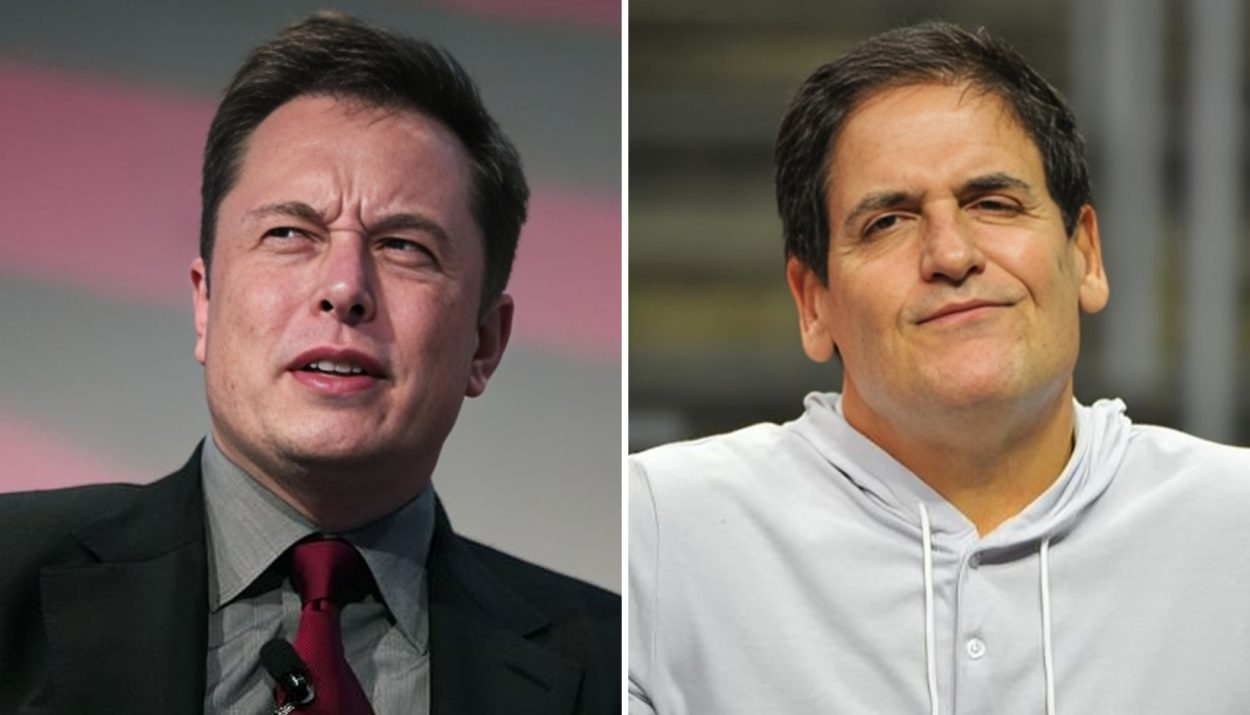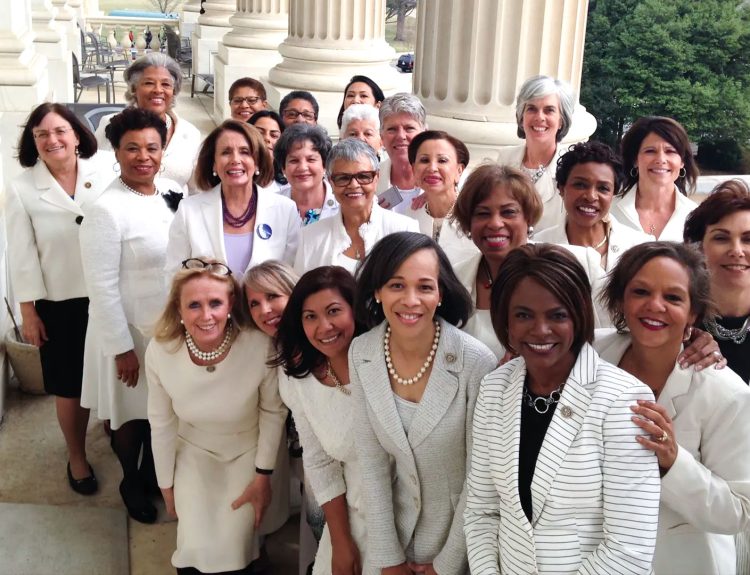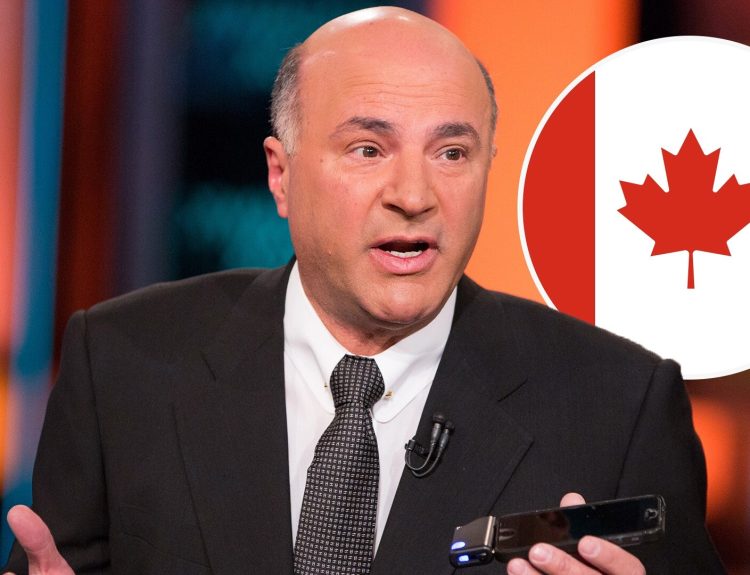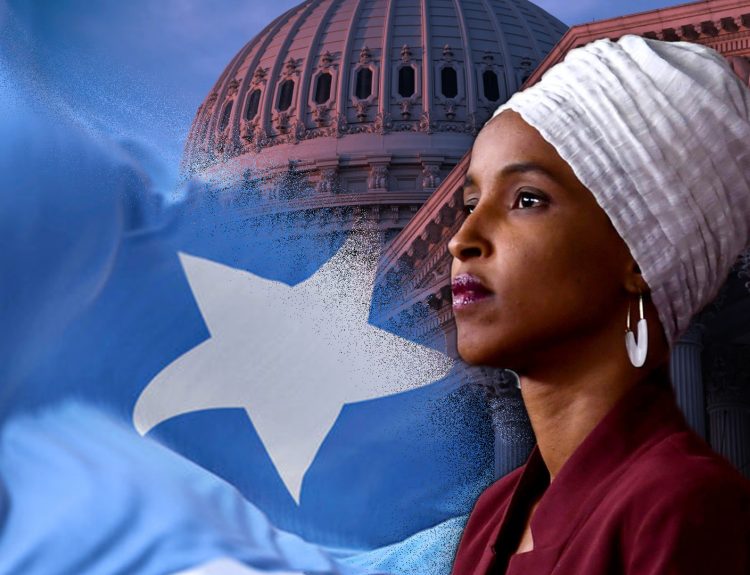Elon Musk is no stranger to controversy. He seems to love saying things that provoke a response. That was the case when he recently responded to a post on X, formerly known as Twitter, which Musk now owns. Musk took aim at fellow billionaire Mark Cuban, setting off a spirited exchange that had emotions running high.
What Is DEI?
DEI stands for Diversity, Equity, and Inclusion. These three values are often linked. DEI policies are designed to support individuals who may not have had the same advantages of those in the majority. These include people of different races, ethnicities, genders, abilities, and sexual orientations.
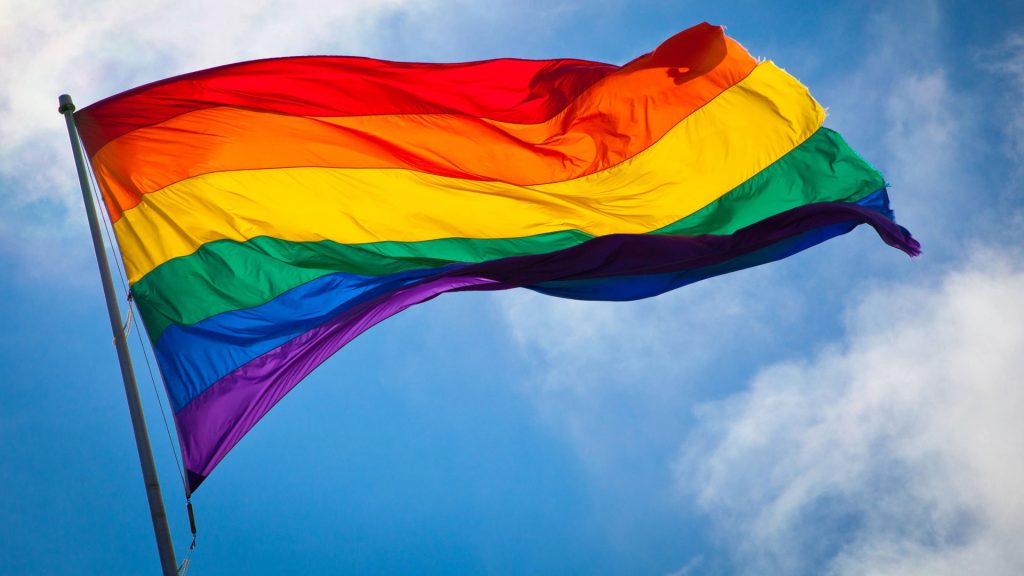
Those who oppose DEI sometimes say that it gets in the way of merit-based hiring. Supporters point out that it’s common for people in minority groups to miss out on opportunities afforded to those in the majority. In this sense, the arguments are similar to those surrounding affirmative action in education.
Is DEI Racist?
Elon Musk’s recent feud with Mark Cuban started after a post on X from billionaire hedge fund manager Bill Ackman. Ackman, a former Big Pharma exec, took aim at Harvard University’s (DEI) policy. DEI has come under attack by many on the right, who claim that its principles give an unfair advantage to non-white people in hiring and college admissions.
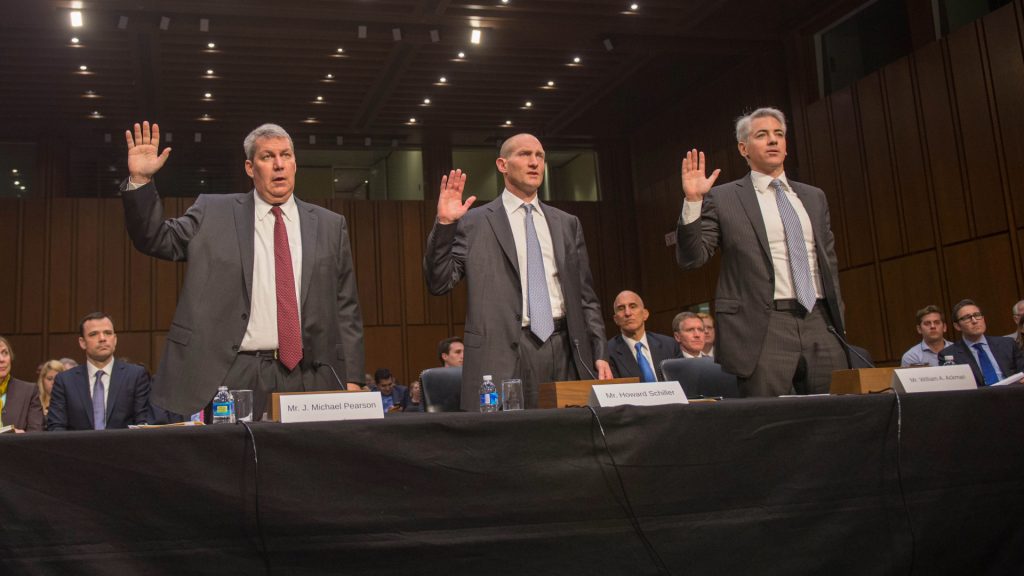
Musk replied to Ackman’s post and echoed his sentiments about DEI. He said, “DEI is just another word for racism. Shame on anyone who uses it.” Musk appears to be using his own definition of racism, which is more typically used to describe oppression carried out by people in power, who are historically white in most areas of the world.
Mark Cuban Comes Out Swinging
Mark Cuban is nothing if not outspoken. He’s known for taking shots at fellow members of the Billionaire’s Club. He and Musk have had words before, so it’s not surprising that he jumped on Musk’s comments. He sent a volley of Tweets about the advantages of DEI programs and why he disagreed with Musk’s characterization of DEI as racist.
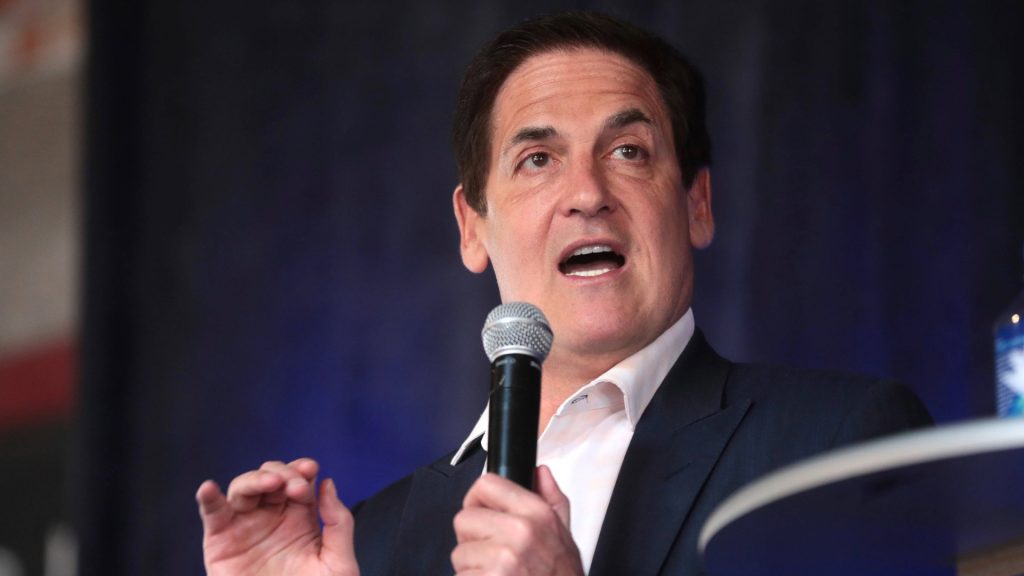
Cuban led off with a pointed remark about the benefits of DEI. “Good businesses look where others don’t, to find the employees that will put your business in the best possible position to succeed. By extending our hiring search to include them, we can find people that are more qualified. The loss of DEI-Phobic companies is my gain.”
DEI In The NBA?
Musk’s first response used some humor to point out that DEI doesn’t work in every situation. Mark Cuban recently sold his majority interest in the Dallas Mavericks. Musk used the NBA team as an example, implying that Cuban might be hypocritical for lauding DEI given the makeup of the Mavericks.

Musk said, “Cool, so when should we expect to see a short white/Asian [woman] on the Mavs?” While his remark was clearly tongue-in-cheek, it’s undeniable that DEI isn’t a one-size-fits-all solution in every situation. Two prerequisites for a spot on an NBA team are basketball skill and the size and strength to compete with other players.
Musk’s Concession to Cuban
While Musk’s initial comments were tough on Cuban and on the idea of DEI, he did allow that DEI isn’t all bad in a follow-up Tweet. He pointed out that diversity can play a role in some hiring processes and that if used properly, it can help companies build more inclusive workplaces and give opportunities where they’re deserved.
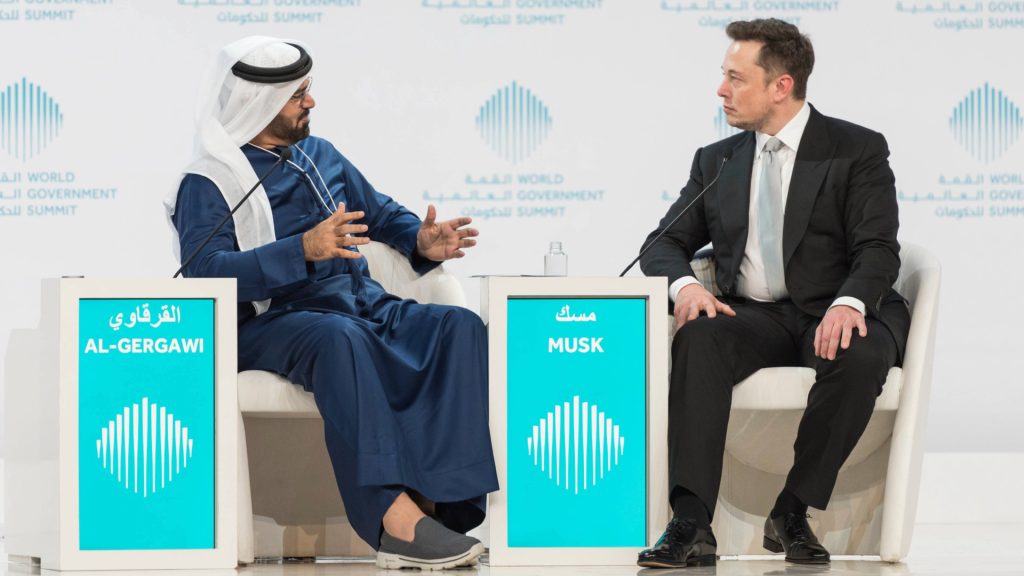
Musk said, “I do think that if merit for a given job is roughly the same, then the tiebreaker should be diversity (of all kinds).” It’s possible that Musk was merely trying to be provocative with his original statements. Many of those who support DEI would agree that its purpose is not to give advantages to unqualified candidates.
Should DEI Apply to Airline Pilots?
Musk’s statement about using diversity as a tie-breaker might have ended the debate… but it didn’t. X user TheRabbitHole84 shared a screenshot of a headline that read, “United Airlines Says It Wants 50% Of Pilots Trained In Next Decade To Be Women Or People Of Color.” The headline was accompanied by a Cuban quote that escalated the billionaires’ disagreement..

Cuban’s quote said, “DEI does not mean you don’t hire on merit. Of course you hire based on merit.” Musk replied with, “The airline industry can’t find enough qualified pilots even without insane DEI requirements!” It was what Cuban said next that fanned the flames and led Elon Musk to make his most inflammatory statement yet.
Pilots Vs Pilot Training
Cuban defended the statements by United Airlines by pointing out the inclusion of the word ‘trained’ in the headline. He commented that the United statement applied to pilots being trained. In other words, it was less about hiring and more about encouraging diversity in admissions to the aviation academy.
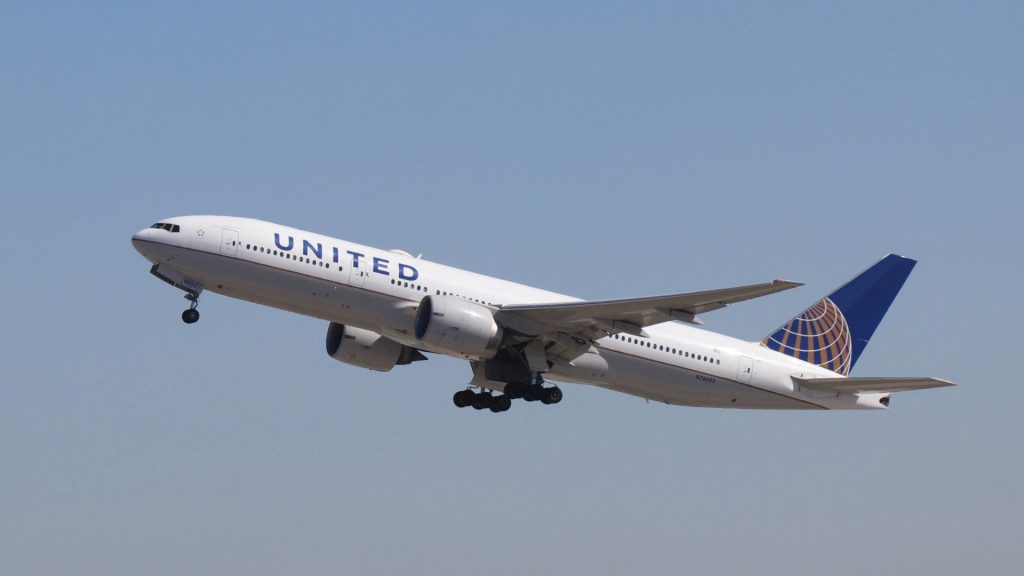
Cuban explained, “This is a training school. Once they graduate, it’s a multi year process to have an OPPORTUNITY to pilot for United. BTW, looks like multiple layers of merit based evaluations before they can fly for United…” Cuban’s comments were dismissive of Musk’s concerns because they illustrated that United was concerned about both merit and diversity.
You’re A Liar
Cuban’s defense of United Airlines put Musk on a more aggressive footing. His reply was short and to the point. “You are a liar,” he said. Musk didn’t go into detail, but the assumption is that he feels that United was talking about making decisions that aren’t based on merit and that Cuban knew that to be true.

Of course, accepting Musk’s characterization of Cuban at face value is problematic. He had no way of knowing what Cuban knew or didn’t know about United Airlines. A quick Google search reveals that airline pilots need a minimum of 1,500 hours of flight time to be hired, and that’s after they’ve graduated from flight school.
Opposing Views On DEI In The Business Community
Views in the business community are also opposed, although perhaps not to the extent that the Cuban/Musk feud might imply. There are businesses who share Musk’s views, seeing DEI initiatives as potentially discriminatory. They have questions about how effective DEI principles are and whether they can work alongside traditional merit-based hiring.
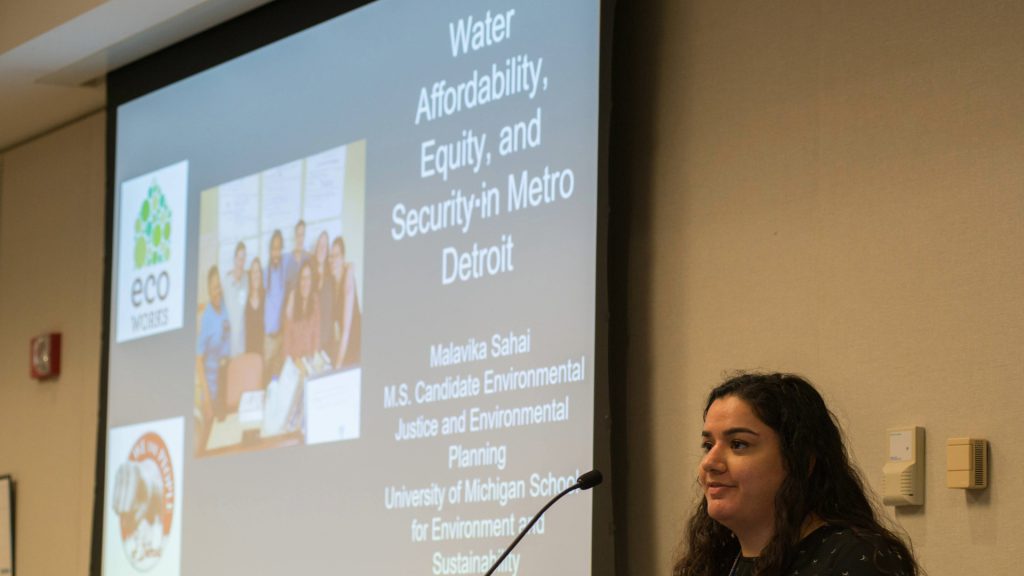
We’d be remiss if we didn’t point out that some businesses agree with Mark Cuban. They believe that DEI helps them to tap into a diverse pool of talent. That diversity is something they feel improves their ability to compete with other businesses. Of course, beating out competitors ties directly into a company’s bottom line and profits.
How Many Companies Prioritize DEI?
You might be wondering how many companies in the US say that DEI is a priority for them. It would be easy to assume that things are evenly divided. There’s a growing concern about diversity in companies in an array of industries. It’s not just about hiring. It boils down to whether prioritizing DEI is essential to a company’s success.

The Fall 2023 Fortune/Deloitte CEO Survey revealed some important facts about DEI. 65% of CEOs said that DEI is one of their strategic priorities. 58% told the survey that their Boards expect to be updated on DEI progress. These numbers illustrate that a majority of business leaders believe that DEI is important and should be a priority.
Is DEI Falling Victim to Cost-Cutting?
One of the issues that could shift the DEI landscape in coming years is the cost of implementing DEI principles. While companies may believe that diversity is important, they’re also concerned with earning profits for their shareholders. Prioritizing DEI often means hiring someone to oversee DEI on a corporate level. That comes at a cost.
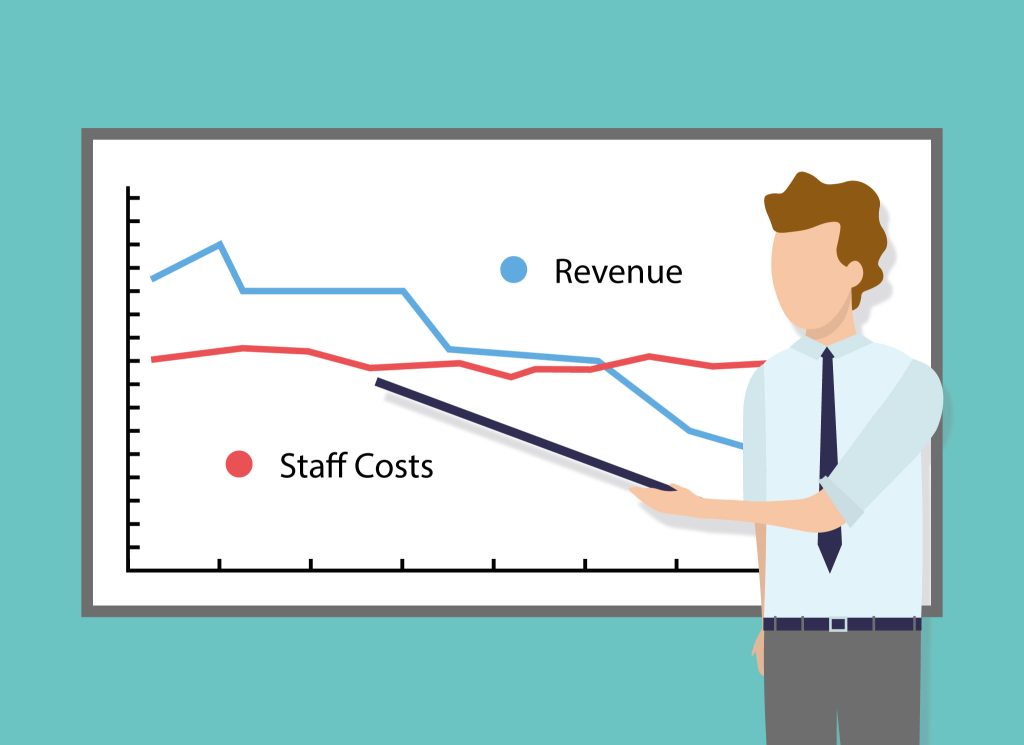
There are already some news reports that indicate that roles in DEI are being cut. If it comes down to a choice between profitability and inclusion, it’s possible that inclusion will take the fall. If that happens, it may become even more difficult for people who aren’t white and male to get hired for jobs in some industries.
The Future Of DEI
The ongoing debate about DEI is one that’s likely to continue. There’s a lot of complexity around DEI. It’s important to allow both sides to have a say, particularly when it comes to issues of merit. There’s a need to promote diversity while also supporting business objectives. That may be the best way to keep board members and shareholders happy.
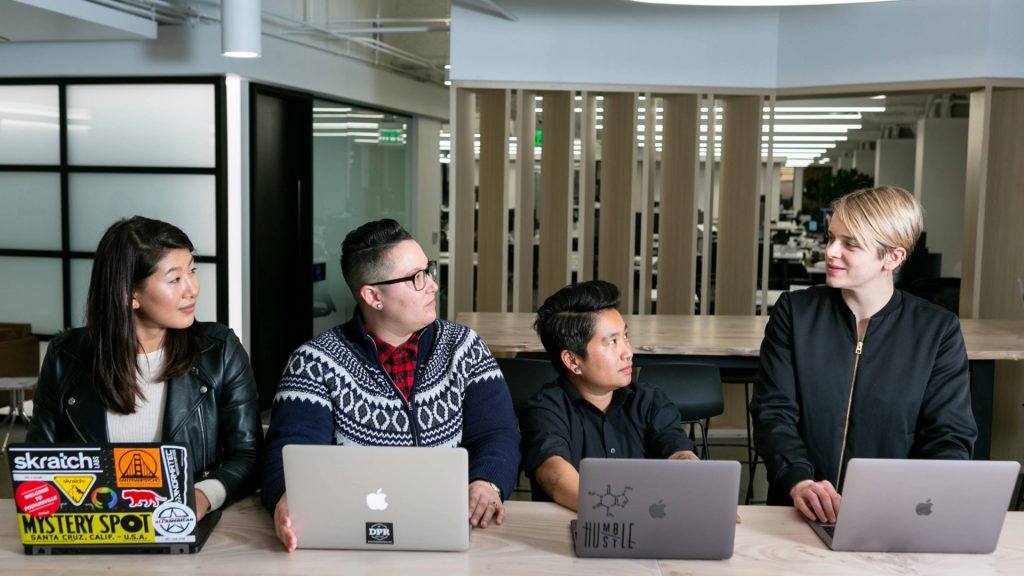
When used properly, DEI shouldn’t be performative. Token hiring, particularly when candidates lack essential skills for a job, doesn’t help anybody. However, training programs can help to bridge the gap and ensure employees aren’t endangering themselves or others. In the end, companies that balance ethical values with profitability are most likely to come out on top.

